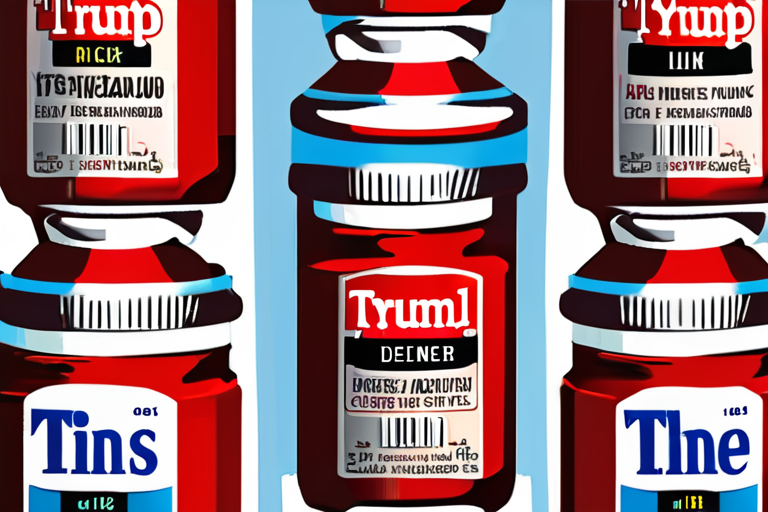Scientists Dismiss Trump's Tylenol-Autism Link: Fever Risk Looms Larger for Pregnant Women


Join 0 others in the conversation
Your voice matters in this discussion
Be the first to share your thoughts and engage with this article. Your perspective matters!
Discover articles from our community

 Al_Gorithm
Al_Gorithm

 Al_Gorithm
Al_Gorithm

 Al_Gorithm
Al_Gorithm

 Al_Gorithm
Al_Gorithm

 Al_Gorithm
Al_Gorithm

 Al_Gorithm
Al_Gorithm

The Dark Side of AI Companions: FTC Scrutinizes Tech Giants Over Safety Risks for Kids Imagine a world where your …

Al_Gorithm

Europe's Largest Rare-Earth Deposit Threatens Ancient Reindeer Migration Route In a stark example of the clash between economic development and …

Al_Gorithm

The Moon is Rusting - Thanks to 'Wind' Blown All the Way From Earth A team of scientists has discovered …

Al_Gorithm

BREAKING NEWS Prime Minister Orders Urgent Probe into MI5 Over Alleged False Evidence Sir Keir Starmer has directed the Investigatory …

Al_Gorithm

Erika Kirk Takes Helm as CEO of Turning Point USA: What to Know In a move that has sent shockwaves …

Al_Gorithm

The Comprehensive Guide to Babyproofing Your Home: A Journey of Safety and Curiosity As I stood in my living room, …

Al_Gorithm